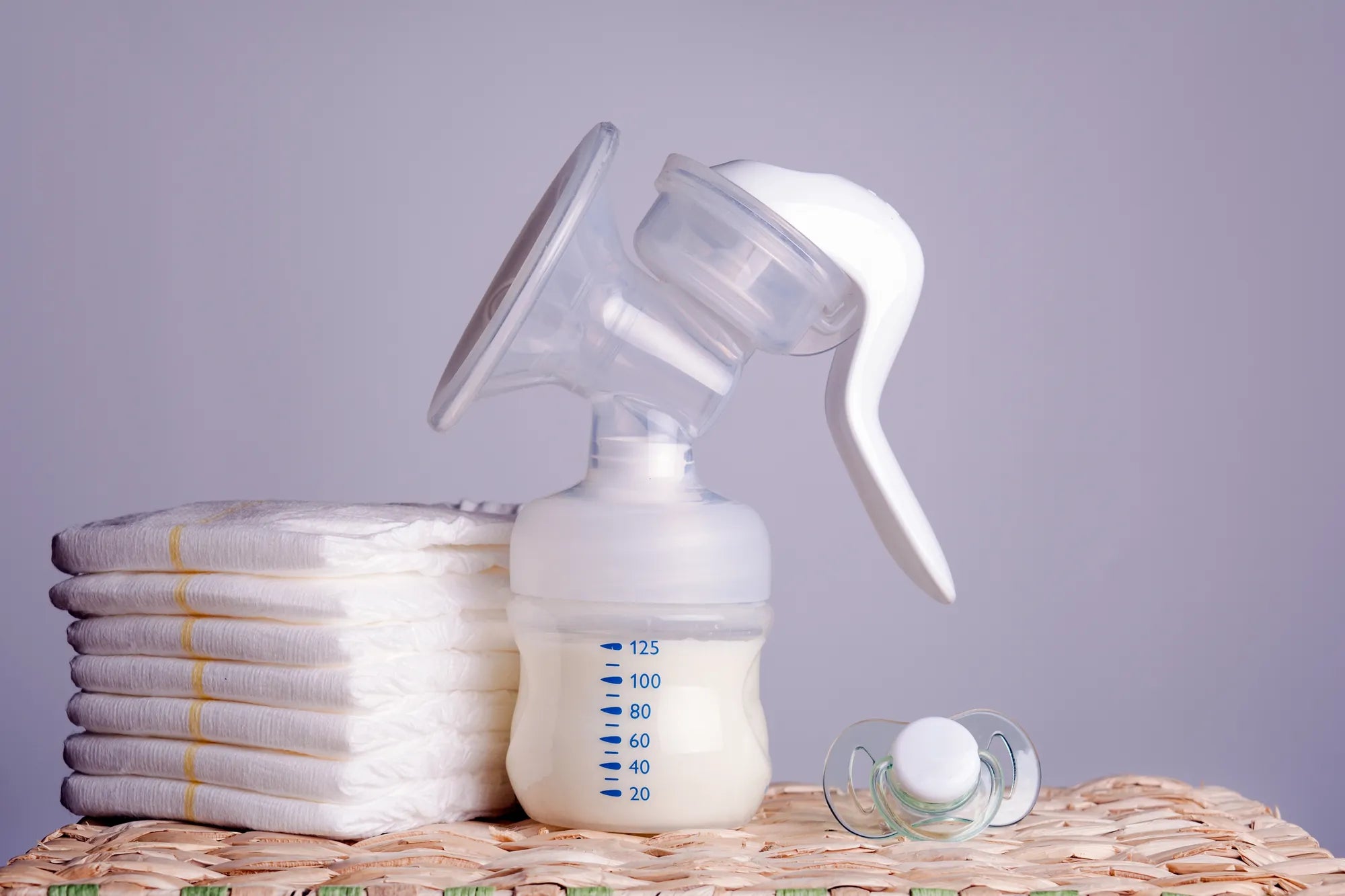Home
Pregnancy, Breastfeeding, and Pumping: The Ultimate Guide for Moms
Can You Take Probiotics While Pumping Breast Milk?

Can You Take Probiotics While Pumping Breast Milk?
As a breastfeeding mother, you're likely focused on providing the best nutrition for your baby while also taking care of your own health. One question that often arises is, can you take probiotics while pumping breast milk? Probiotics have gained popularity for their potential health benefits, but how do they fit into the breastfeeding journey? Let's explore this topic in detail to help you make an informed decision.
Understanding Probiotics and Their Benefits
Probiotics are live microorganisms, often referred to as 'good bacteria,' that can provide health benefits when consumed in adequate amounts. They are commonly found in fermented foods like yogurt, kefir, and sauerkraut, as well as in dietary supplements. Probiotics are known to support gut health, boost the immune system, and even improve mental health. For breastfeeding mothers, maintaining a healthy gut can be particularly important, as it can influence both maternal and infant well-being.
The Connection Between Probiotics and Breast Milk
Breast milk is a complex fluid that provides essential nutrients and antibodies to your baby. Interestingly, breast milk also contains its own unique microbiome, which can be influenced by the mother's diet and health. Research suggests that taking probiotics while breastfeeding may help enrich the beneficial bacteria in breast milk, potentially offering additional health benefits to your baby. However, the extent of these benefits and the safety of probiotic use during breastfeeding are still areas of ongoing research.
Potential Benefits for Breastfeeding Mothers
For mothers, probiotics may offer several advantages. They can help maintain a healthy balance of gut bacteria, which is often disrupted during pregnancy and postpartum. This can lead to improved digestion, reduced risk of infections, and even better mental health. Additionally, some studies suggest that probiotics may help reduce the risk of mastitis, a painful condition that can affect breastfeeding mothers. By supporting your overall health, probiotics may indirectly benefit your baby as well.
Potential Benefits for Breastfed Babies
When a breastfeeding mother takes probiotics, the beneficial bacteria can potentially be transferred to the baby through breast milk. This may help establish a healthy gut microbiome in the infant, which is crucial for immune system development and overall health. Some studies have shown that probiotics may reduce the risk of colic, eczema, and other common infant health issues. However, it's important to note that the effects can vary depending on the specific strains of probiotics used and the individual health of both mother and baby.
Safety Considerations
While probiotics are generally considered safe for most people, there are some important considerations for breastfeeding mothers. First, it's essential to choose high-quality probiotic supplements that are free from contaminants. Second, it's advisable to consult with a healthcare provider before starting any new supplement, especially if you have underlying health conditions or are taking other medications. Finally, monitor both your own health and your baby's response to probiotics, as individual reactions can vary.
Expert Recommendations
Many healthcare professionals agree that probiotics can be a beneficial addition to a breastfeeding mother's diet, provided they are used appropriately. Experts recommend starting with a low dose and gradually increasing it, if needed, to minimize the risk of side effects. It's also important to choose probiotic strains that have been studied for their safety and efficacy during breastfeeding. Your healthcare provider can offer personalized advice based on your specific needs and circumstances.
Common Myths and Misconceptions
There are several myths surrounding the use of probiotics while breastfeeding. One common misconception is that all probiotics are the same, when in fact, different strains can have different effects. Another myth is that probiotics are only beneficial for digestive health, when they can also support immune function and mental well-being. It's important to base your decisions on reliable information and expert guidance rather than hearsay or anecdotal evidence.
How to Incorporate Probiotics into Your Diet
If you decide to take probiotics while pumping breast milk, there are several ways to incorporate them into your diet. You can consume probiotic-rich foods like yogurt, kefir, and fermented vegetables, or take a high-quality probiotic supplement. It's also important to maintain a balanced diet that supports overall health, as this can enhance the effectiveness of probiotics. Remember to stay hydrated and get plenty of rest, as these factors can also influence your gut health.
Monitoring Your Health and Your Baby's Response
As with any dietary change, it's important to monitor how your body and your baby respond to probiotics. Keep an eye out for any signs of discomfort, such as gas, bloating, or changes in bowel movements. If you notice any adverse effects, it may be necessary to adjust the dosage or discontinue use. Always communicate with your healthcare provider about any concerns or questions you may have.
Taking probiotics while pumping breast milk can be a safe and beneficial choice for many mothers, but it's important to approach it with care and knowledge. By understanding the potential benefits and risks, consulting with healthcare professionals, and monitoring your health and your baby's response, you can make an informed decision that supports both your well-being and your baby's development. Remember, every mother and baby are unique, so what works for one may not work for another. Trust your instincts and seek expert advice to navigate this important aspect of your breastfeeding journey.
Share

